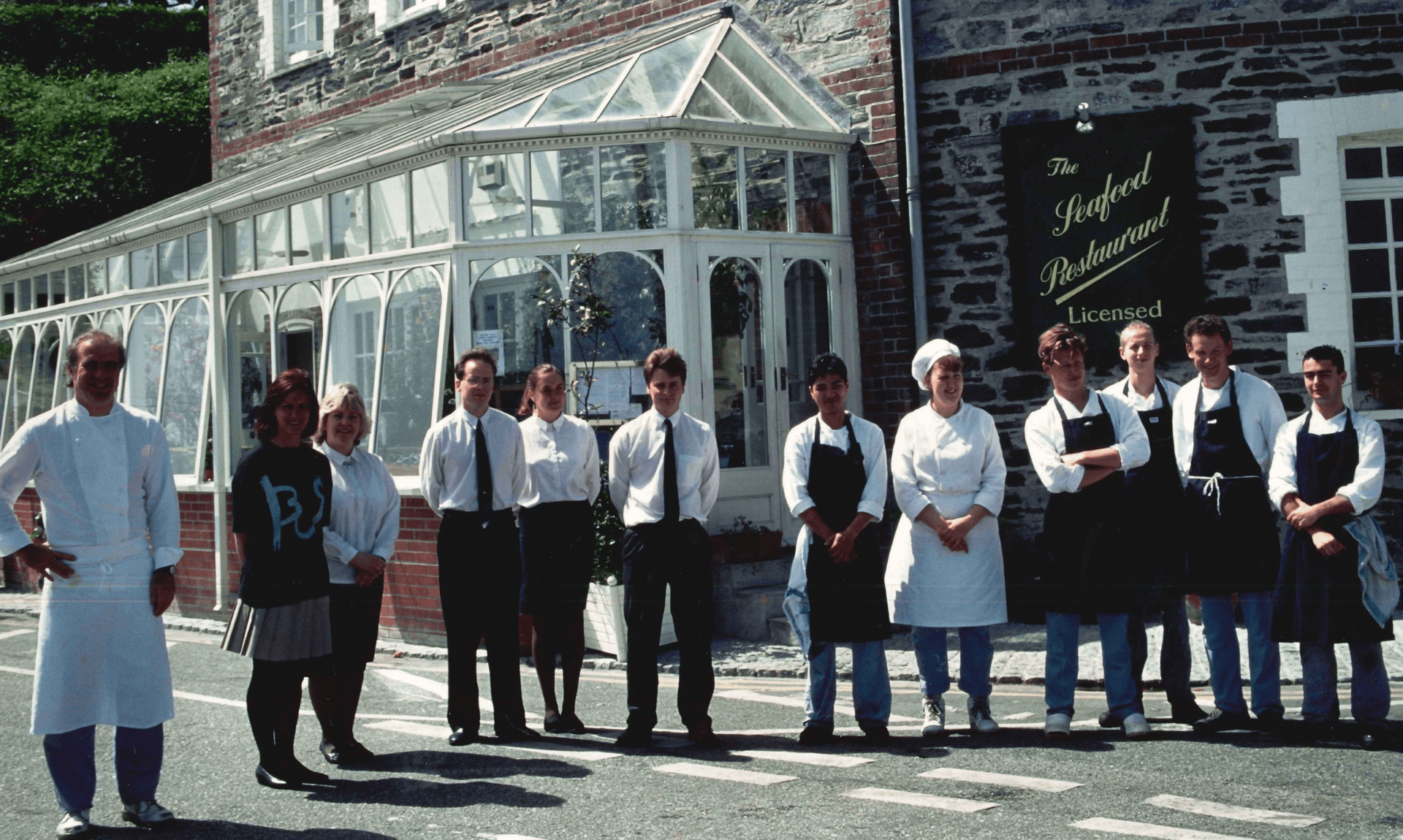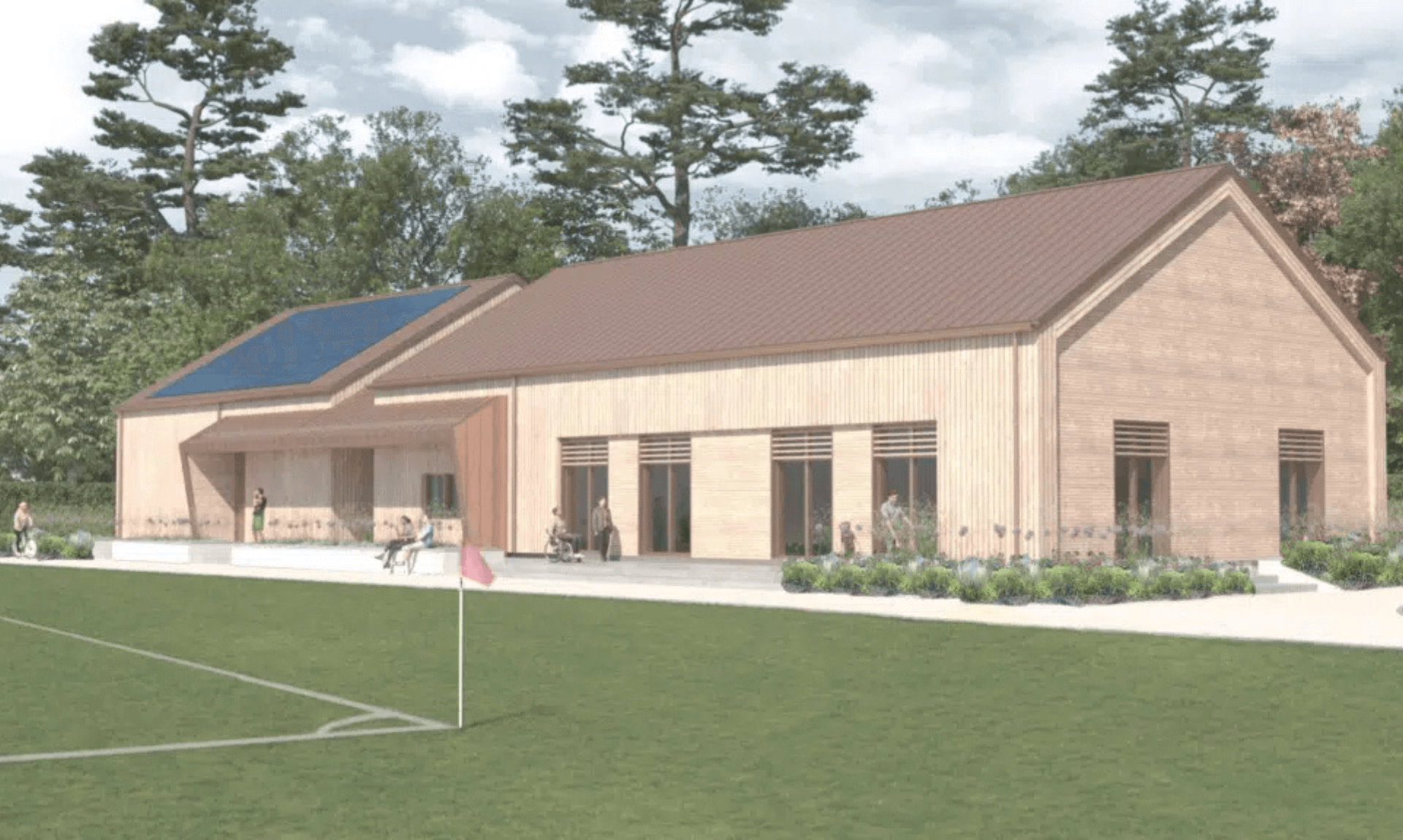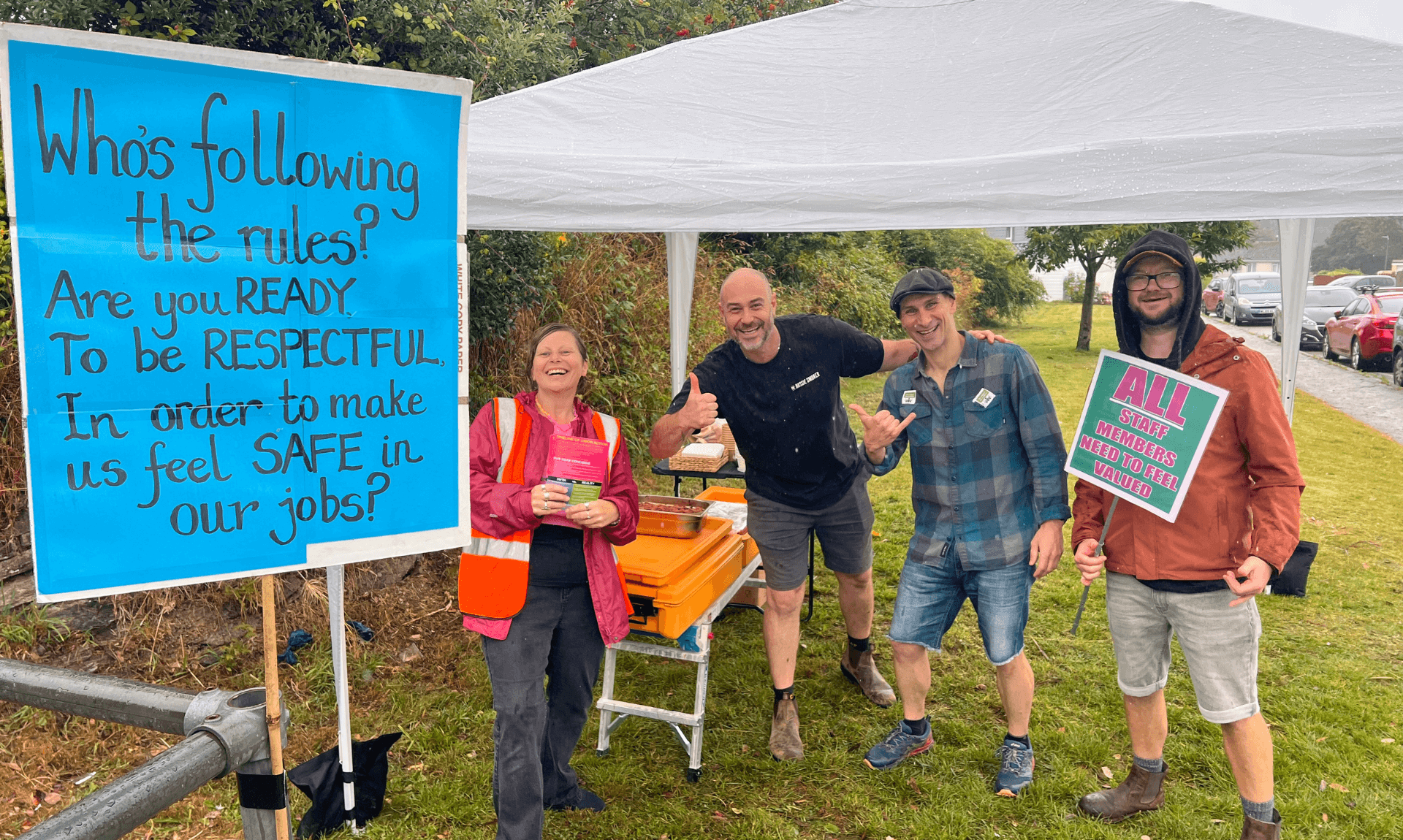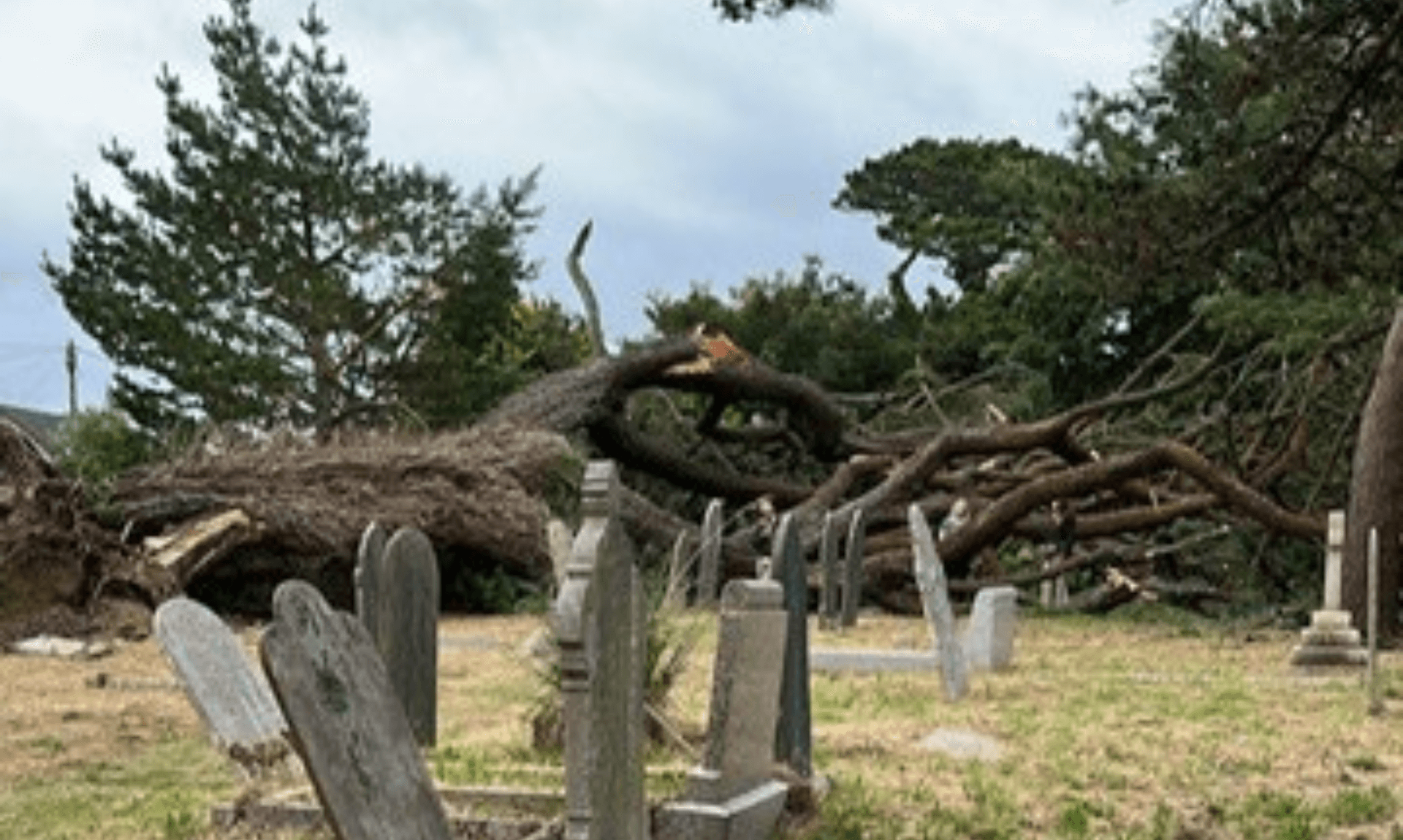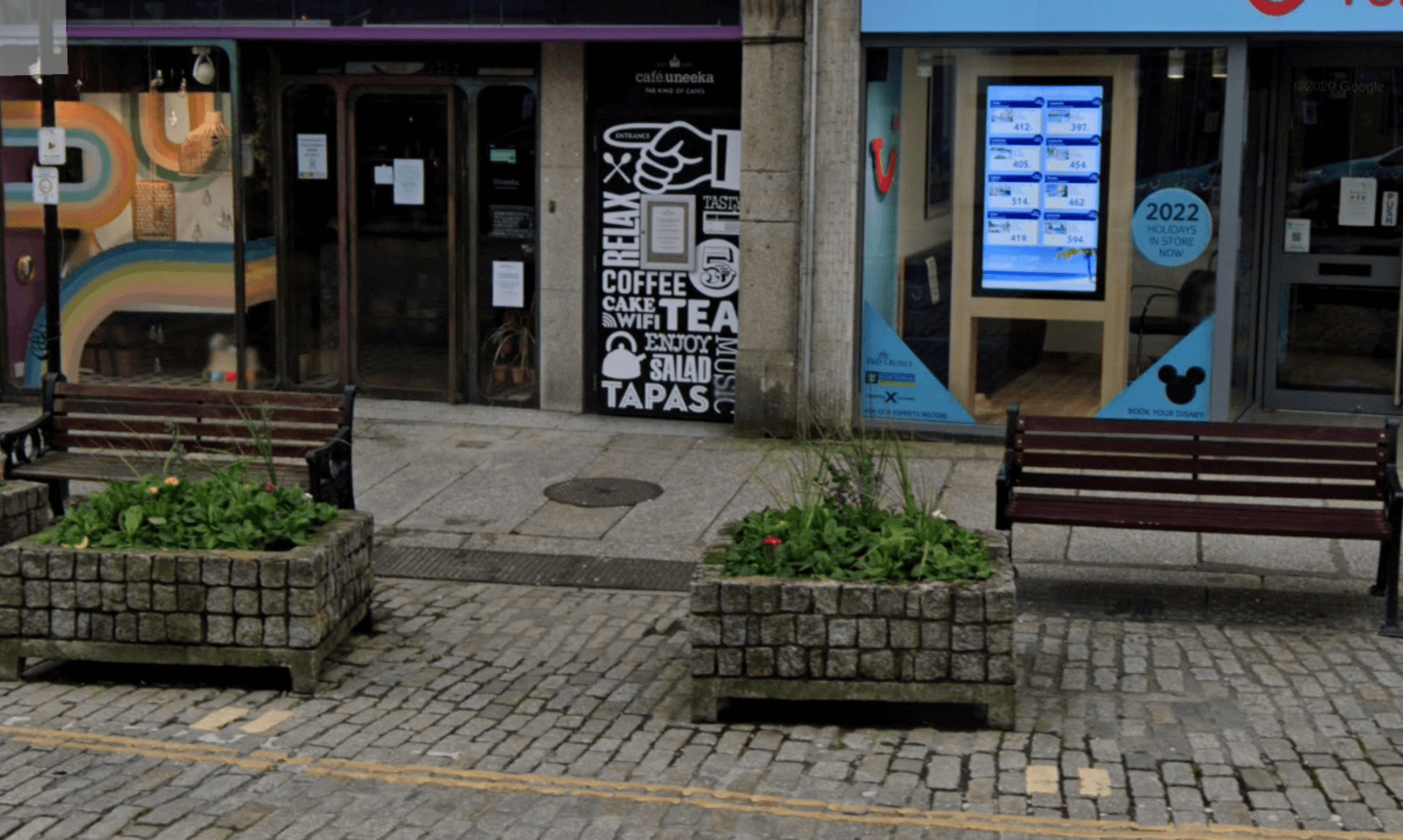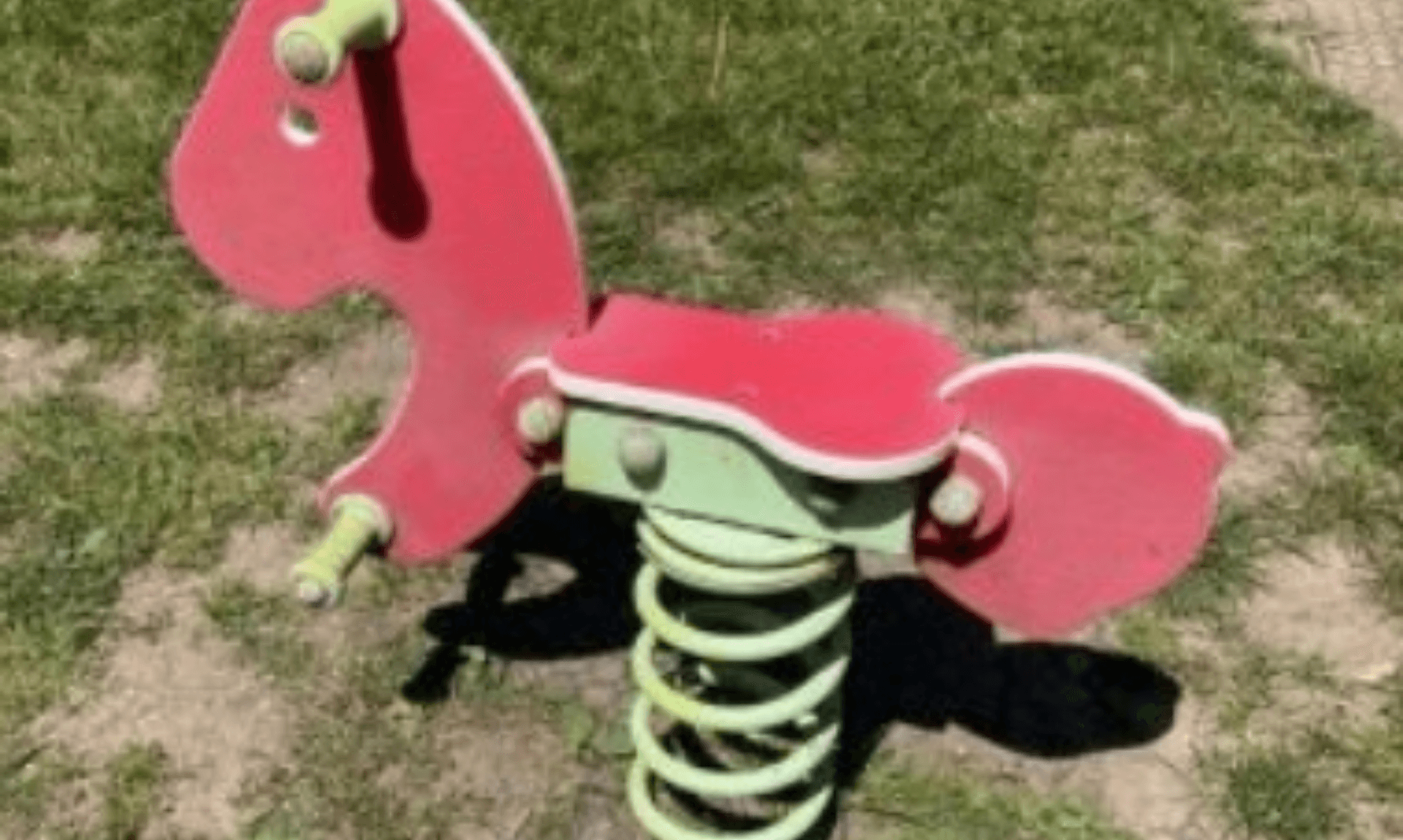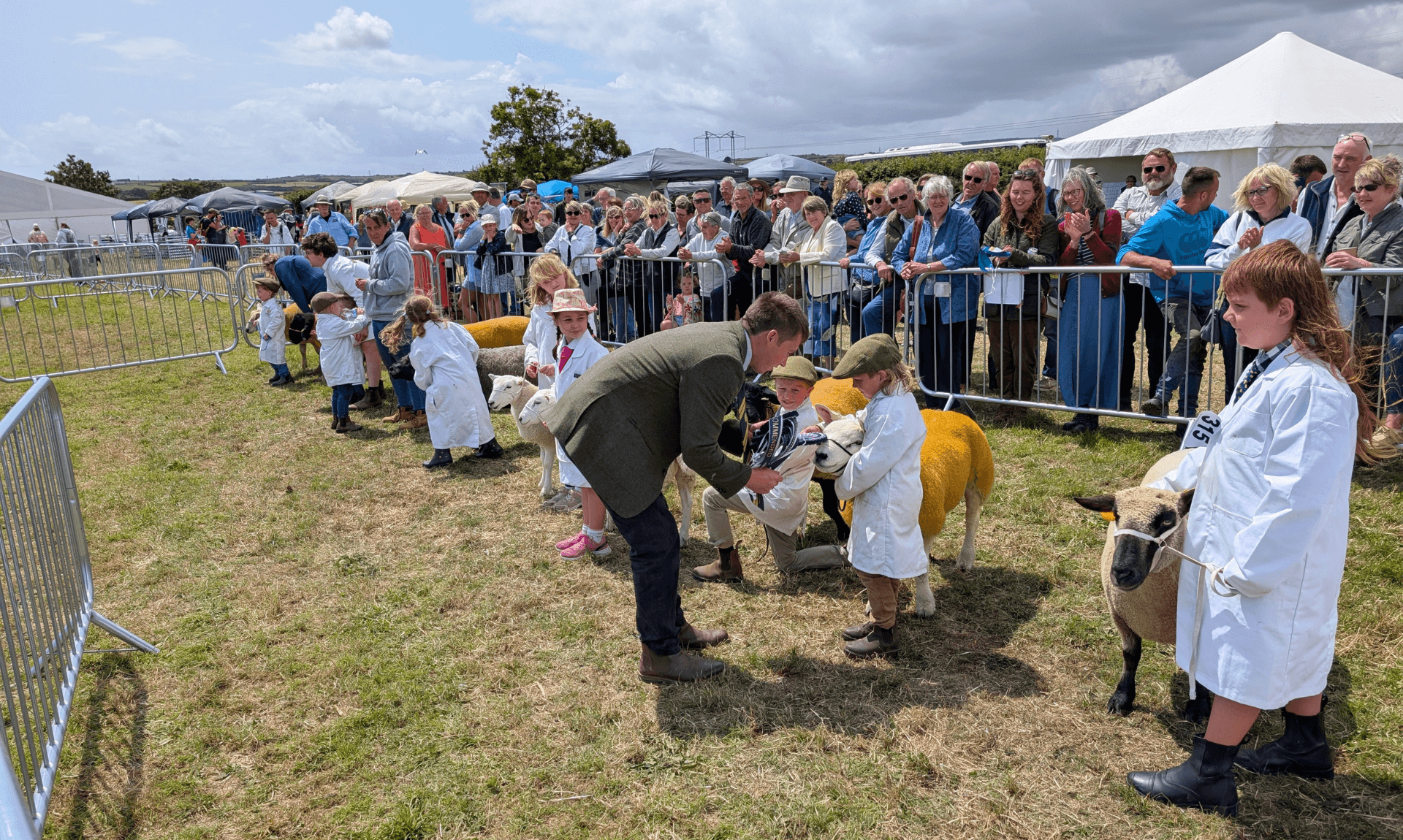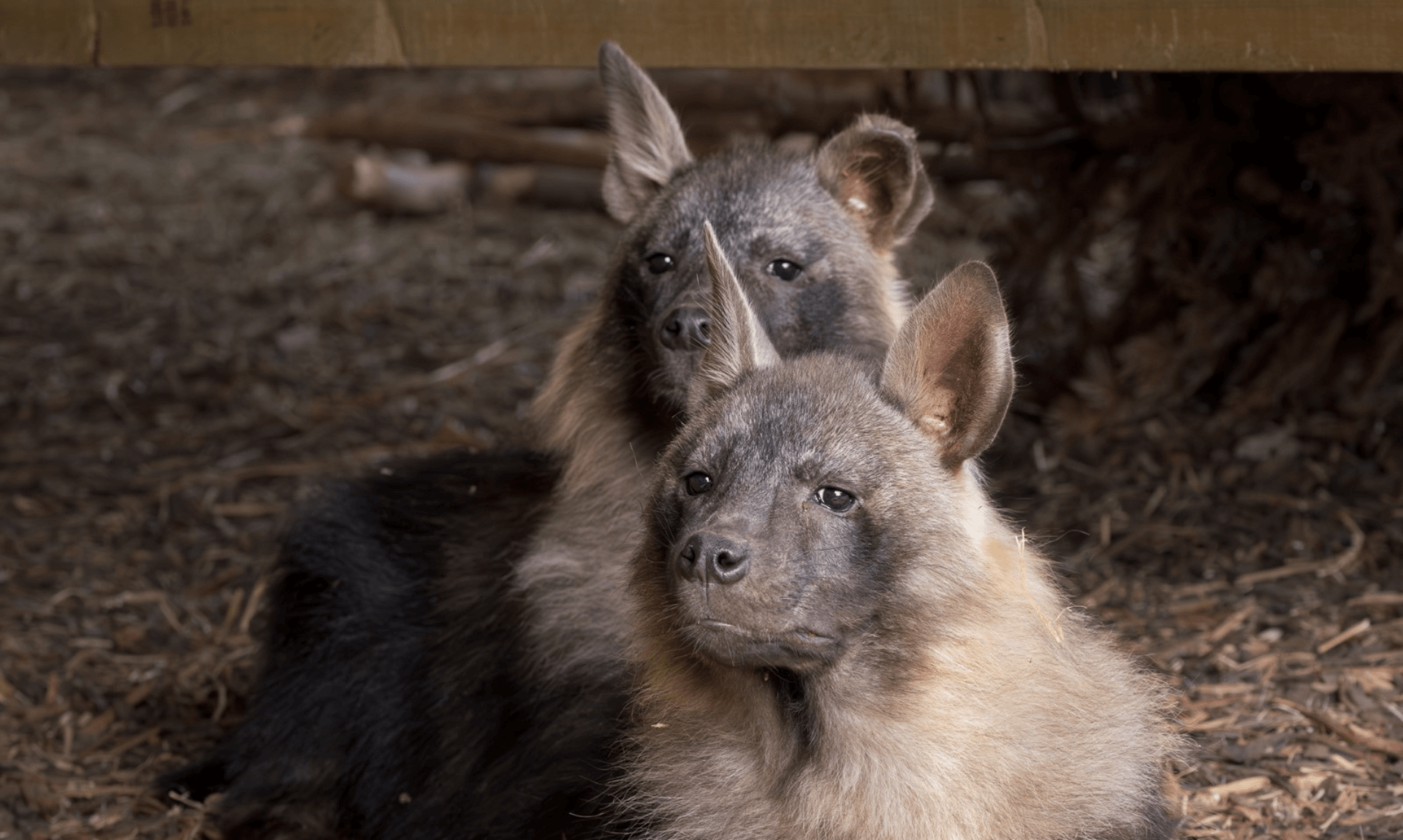Could Cornwall’s Lost Rainforests Return? Cornwall Wildlife Trust Launches Ambitious Restoration
In a significant push towards environmental conservation, Cornwall Wildlife Trust has announced an exciting project to rejuvenate one of the UK’s rarest habitats—the temperate rainforest.
This initiative focuses on revitalising a specific area at West Muchlarnick Farm, near Looe, which represents some of the last remnants of such forests in the country.
A Magical and Important Habitat
Temperate rainforests, once sprawling across large areas of southwest England, are globally rare and boast incredible biodiversity. These ecosystems thrive under mild, wet, and humid oceanic climates, typically found near the sea. However, due to extensive deforestation for agriculture, timber logging, transport, and urban development, only small patches remain. These unique environments are home to a rich array of native trees such as sessile oak, rowan, and hazel, all festooned with lichens, mosses, and ferns.
Threats and Conservation Efforts
The ongoing threats to these rainforests include air pollution, overgrazing, and invasive species, which continue to endanger the intricate ecosystems. To counter these threats, Cornwall Wildlife Trust’s temperate rainforest project involves planting native trees, erecting fencing to protect young saplings, and conducting crucial survey work to monitor the impact on wildlife and carbon capture capabilities.
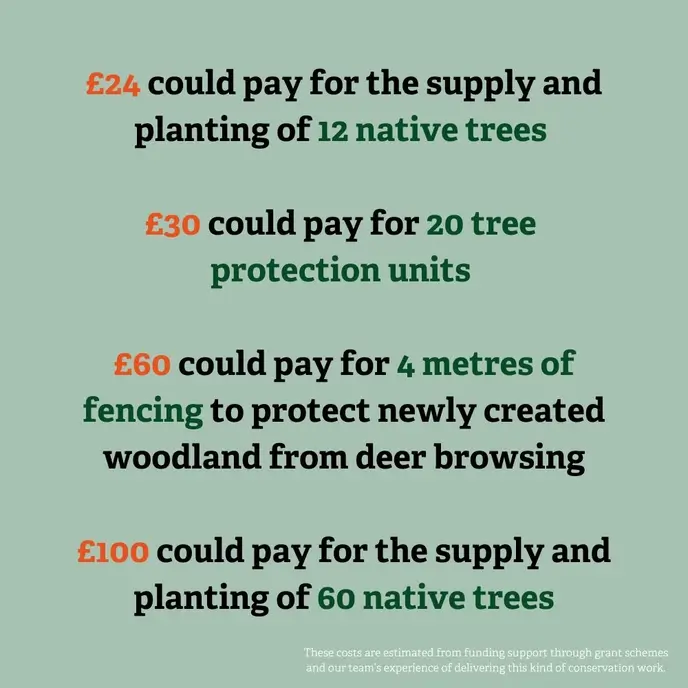
Wildlife Protection and Biodiversity
The rainforest restoration will aid in protecting various woodland birds and mammals threatened by habitat loss, such as redstarts, pied flycatchers, stoats, and mice. Additionally, the project aims to preserve rare fungi and an extensive range of mosses, liverworts, and lichen, all of which contribute significantly to the habitat’s ecological wealth.
Carbon Capture and Climate Change
Beyond biodiversity conservation, temperate rainforests play a crucial role in the fight against climate change. The dense vegetation, including the significant epiphytes that grow on the surfaces of trees, acts as a natural carbon sink. By increasing the number of trees and subsequently the epiphytes, the project not only preserves the existing carbon storage but also enhances it, providing a natural solution to carbon emissions.
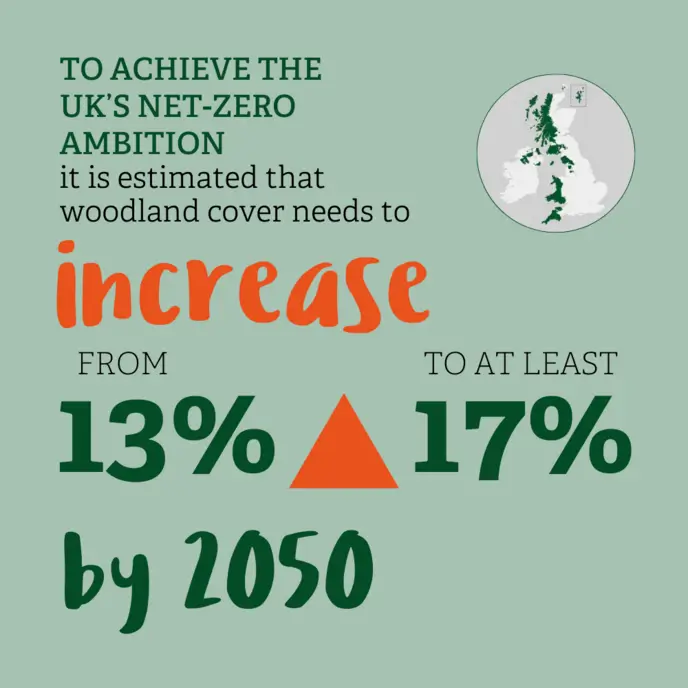
How You Can Help
Cornwall Wildlife Trust is reaching out for public support to bring this lost ecosystem back to life. Contributions from donors will directly fund the necessary measures to ensure the survival and expansion of these habitats. Those interested in supporting this vital environmental cause can learn more about the project and contribute at the Cornwall Wildlife Trust website.
This project presents a unique opportunity to restore a precious yet dwindling part of the UK’s natural heritage, aiming not just to conserve it for future generations but also to utilise its natural properties in the broader battle against global climate change.
Share This Story, Choose Your Platform!
To keep up with the latest cornish news follow us below
Follow CornishStuff on Facebook - Like our Facebook page to get the latest news in your feed and join in the discussions in the comments. Click here to give us a like!
Follow us on Twitter - For the latest breaking news in Cornwall and the latest stories, click here to follow CornishStuff on X.
Follow us on Instagram - We also put the latest news in our Instagram Stories. Click here to follow CornishStuff on Instagram.
You Might Also Be Interested In
Latest News In Cornwall
Daily Cornish news by email
The latest daily news in Cornwall, sent direct to your inbox.



